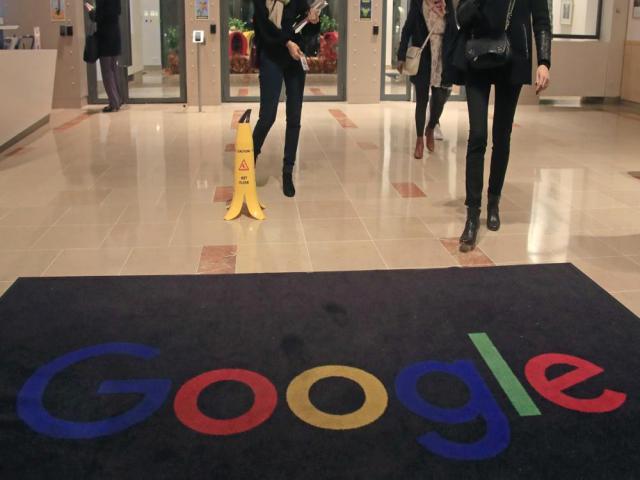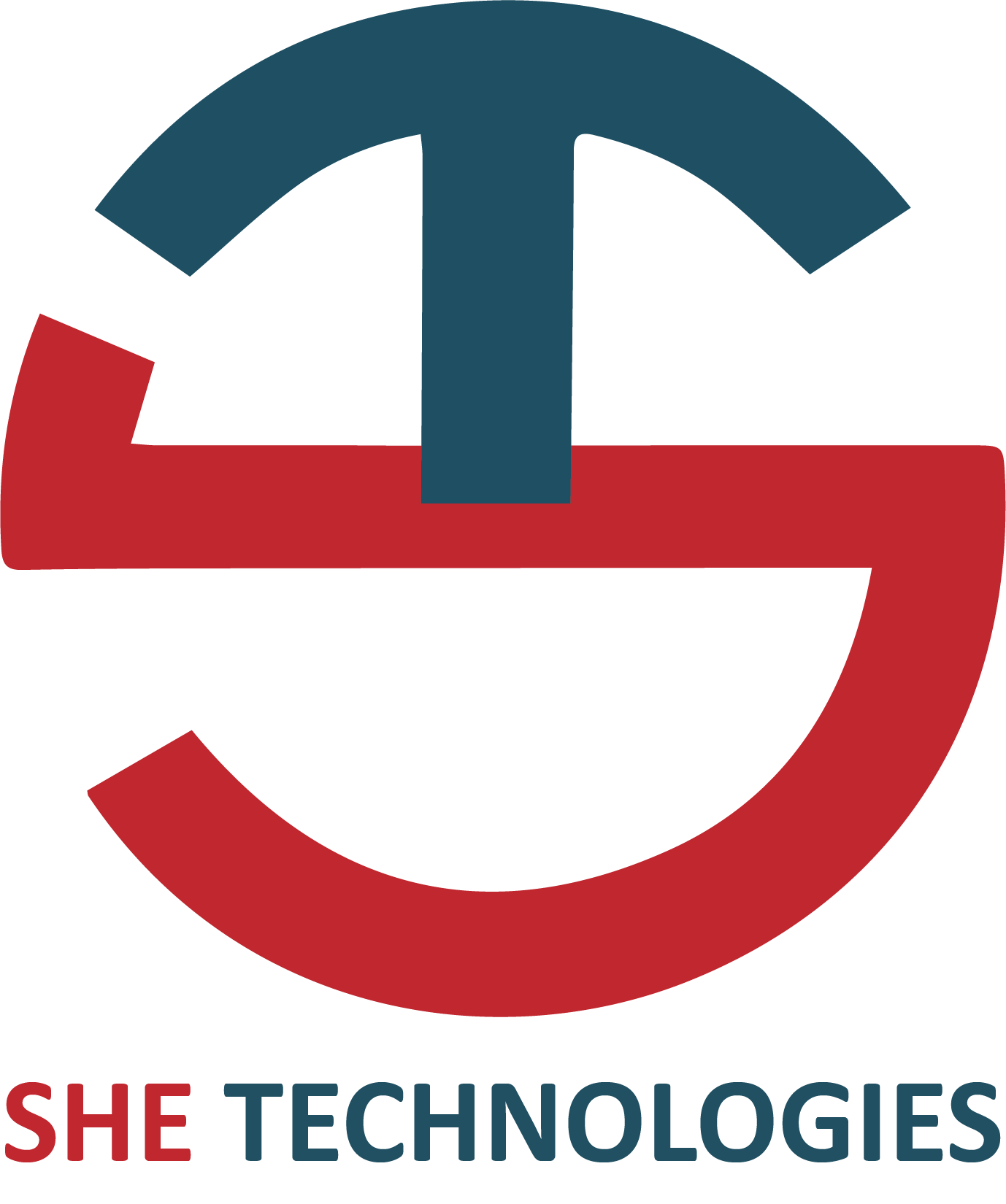France fines Google, Facebook millions over tracking consent

French regulators on Thursday fined Google and Facebook a total of more than 200 million euros ($226 million) for not making it as easy for people to opt out of online tracking as it is for them to accept it.
The CNIL data privacy watchdog said its investigations found that while the U.S. online giants gave French users a single button to immediately accept cookies, there wasn’t an equally simple way for them to decline because “several clicks are required to refuse all cookies.”
Cookies are snippets of code used to target internet users for digital ads and other purposes. European governments have stricter regulations than the U.S. that require websites to ask for permission before tracking a user’s activity. That means people face pop-up menus when they visit new websites, but there’s been growing concern that many are configured to make it confusing or tedious if they don’t want to give consent.
Visitors to Facebook, Google’s French homepage and YouTube were being nudged to say yes, which meant they weren’t freely giving their consent, a violation of French data protection rules, the CNIL said.
The French watchdog slapped Google with a 150 million euro ($170 million) penalty and Facebook with a 60 million euro ($68 million) fine. It also threatened daily fines of 100,000 euros if they don’t make it simpler for users in France to refuse cookies within three months.
Facebook, which has been renamed Meta, said it’s reviewing the decision and is committed to working with authorities.
“Our cookie consent controls provide people with greater control over their data, including a new settings menu on Facebook and Instagram where people can revisit and manage their decisions at any time, and we continue to develop and improve these controls,” the company said.
Google said: “People trust us to respect their right to privacy and keep them safe. We understand our responsibility to protect that trust and are committing to further changes and active work with the CNIL in light of this decision.”
Cookies have been a longstanding source of privacy concerns because they can be employed to track users across the internet. They can be used to help remember someone’s website log-in details or more controversially, to record someone’s web-browsing history to target personalized ads.
NASA’s new space telescope opened its huge, gold-plated, flower-shaped mirror Saturday, the final step in the observatory’s dramatic unfurling.
The last portion of the 21-foot (6.5-meter) mirror swung into place at flight controllers’ command, completing the unfolding of the James Webb Space Telescope.
“I’m emotional about it. What an amazing milestone. We see that beautiful pattern out there in the sky now,” said Thomas Zurbuchen, NASA’s science missions chief.
More powerful than the Hubble Space Telescope, the $10 billion Webb will scan the cosmos for light streaming from the first stars and galaxies formed 13.7 billion years ago. To accomplish this, NASA had to outfit Webb with the biggest and most sensitive mirror ever launched — its “golden eye,” as scientists call it.
Webb is so big that it had to be folded orgami-style to fit in the rocket that soared from South America two weeks ago. The riskiest operation occurred earlier in the week, when the tennis court-size sunshield unfurled, providing subzero shade for the mirror and infrared detectors.
Flight controllers in Baltimore began opening the primary mirror Friday, unfolding the left side like a drop-leaf table. The mood was even more upbeat Saturday, with peppy music filling the control room as the right side snapped into place. After applauding, the controllers immediately got back to work, latching everything down.
This mirror is made of beryllium, a lightweight yet sturdy and cold-resistant metal. Each of its 18 segments is coated with an ultra thin layer of gold, highly reflective of infrared light. The hexagonal, coffee table-size segments must be adjusted in the days and weeks ahead so they can focus as one on stars, galaxies and alien worlds that might hold atmospheric signs of life.
Webb should reach its destination 1 million miles (1.6 million kilometers) away in another two weeks. If all continues to go well, science observations will begin this summer. Astronomers hope to peer back to within 100 million years of the universe-forming Big Bang, closer than Hubble has achieved.
Amnesty International said Thursday it has independently confirmed that powerful spyware from the Israeli surveillance software maker NSO Group was used to hack a Polish senator multiple times in 2019 when he was running the opposition’s parliamentary election campaign.
The Associated Press reported last month that Citizen Lab, an internet watchdog group at the University of Toronto, found that the senator, Krzysztof Brejza, and two other Polish government critics were hacked with NSO’s Pegasus spyware.
Dozens of high-profile cases of Pegasus abuse have been uncovered since 2015, many by a global media consortium last year, with the NSO Group malware employed to eavesdrop on journalists, politicians, diplomats, lawyers and human rights activists from the Middle East to Mexico.
The Polish hacks are considered particularly egregious because they occurred not in a repressive autocracy but a European Union member state.
The revelations have rocked Poland, drawing comparisons to the 1970s Watergate scandal in the United States and eliciting calls for an investigation and accountability. Although neither Citizen Lab nor Amnesty International determined who was behind the hacks, the victims all blame Poland’s right-wing ruling party, Law and Justice.
Law and Justice leaders have denied knowledge of the hacks and at times mocked the reported findings while refusing to open an investigation.
NSO Group does not identify its customers but says it only sells Pegasus to governments to fight terrorism and other serious crimes. The spyware allows its operators to vacuum up everything from instant messages and contacts to photos and to turn microphones and cameras into real-time spy tools.
Polish Prime Minister Mateusz Morawiecki has called the Citizen Lab-AP findings “fake news” and suggested a foreign intelligence service could have done the spying -- an idea dismissed by critics who say no other government would have any interest in the three Polish targets.
John-Scott Railton, a senior researcher at Citizen Lab, said that “if (Polish government leaders) really believe this could be the action of a foreign service, it would be the height of irresponsibility not to investigate.”

Top Notch And Most Advanced Complaint Management System
- SHE Tech has developed the first all-inclusive complaint management system that incorporates rapid response

Crisis Management in Your Business in The Event of a Disaster
- In todays business world, it is not a question of if a crisis will happen but when. Disasters can come in many forms - from natural disasters

22 Must-Read Tech Blogs for Content Creators
- Immerse yourself in the business side of technology with one of the most popular tech blogs that is still going strong in 2020.

Prosecutor: Norway mass killer still ‘a very dangerous man’
- A prosecutor in Norway said Thursday that a far-right extremist who killed 77 people in 2011 still is “a very dangerous man” and therefore